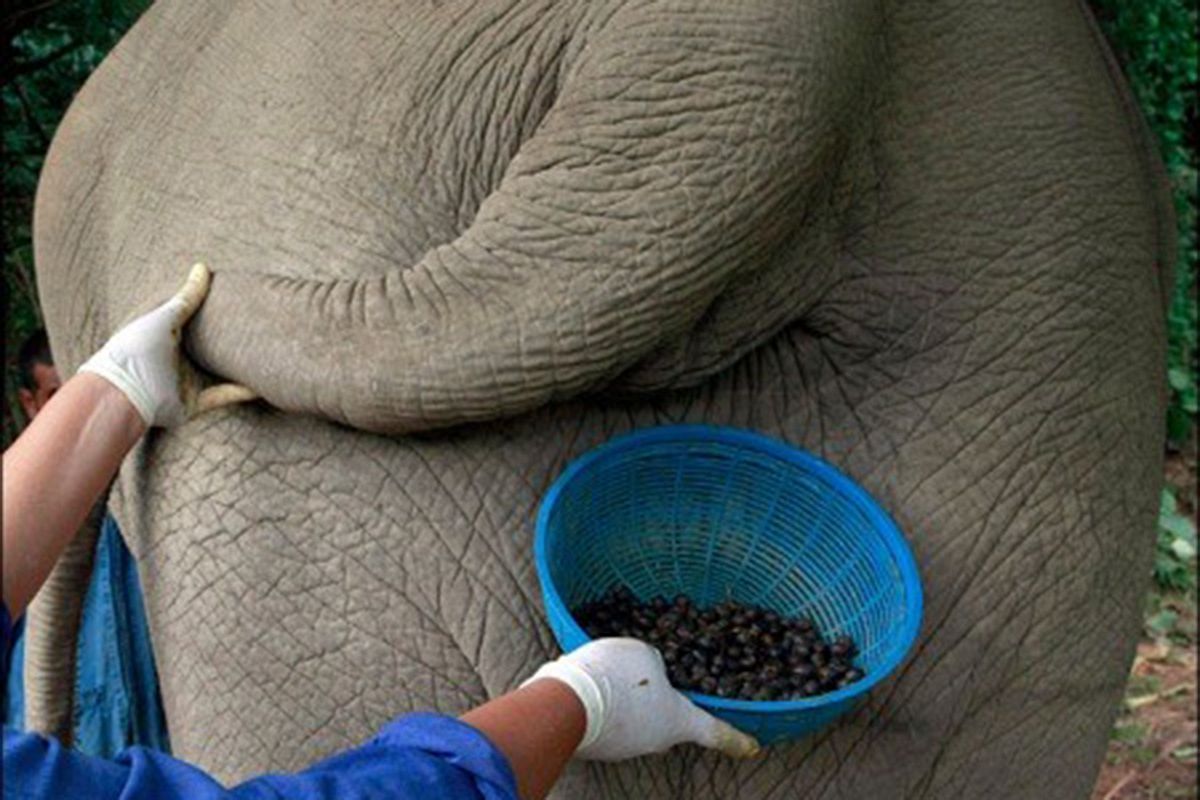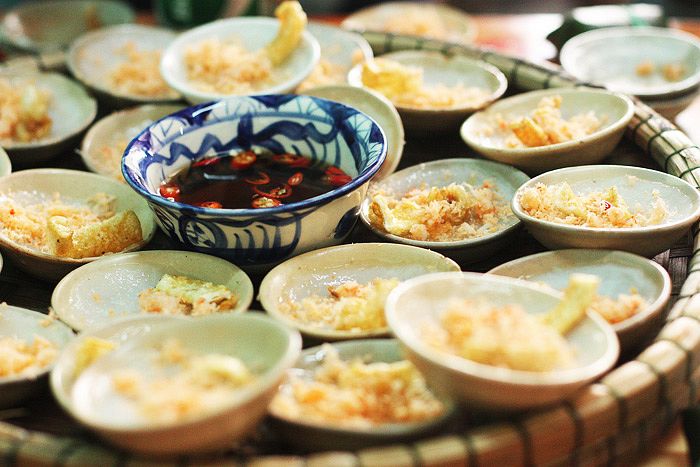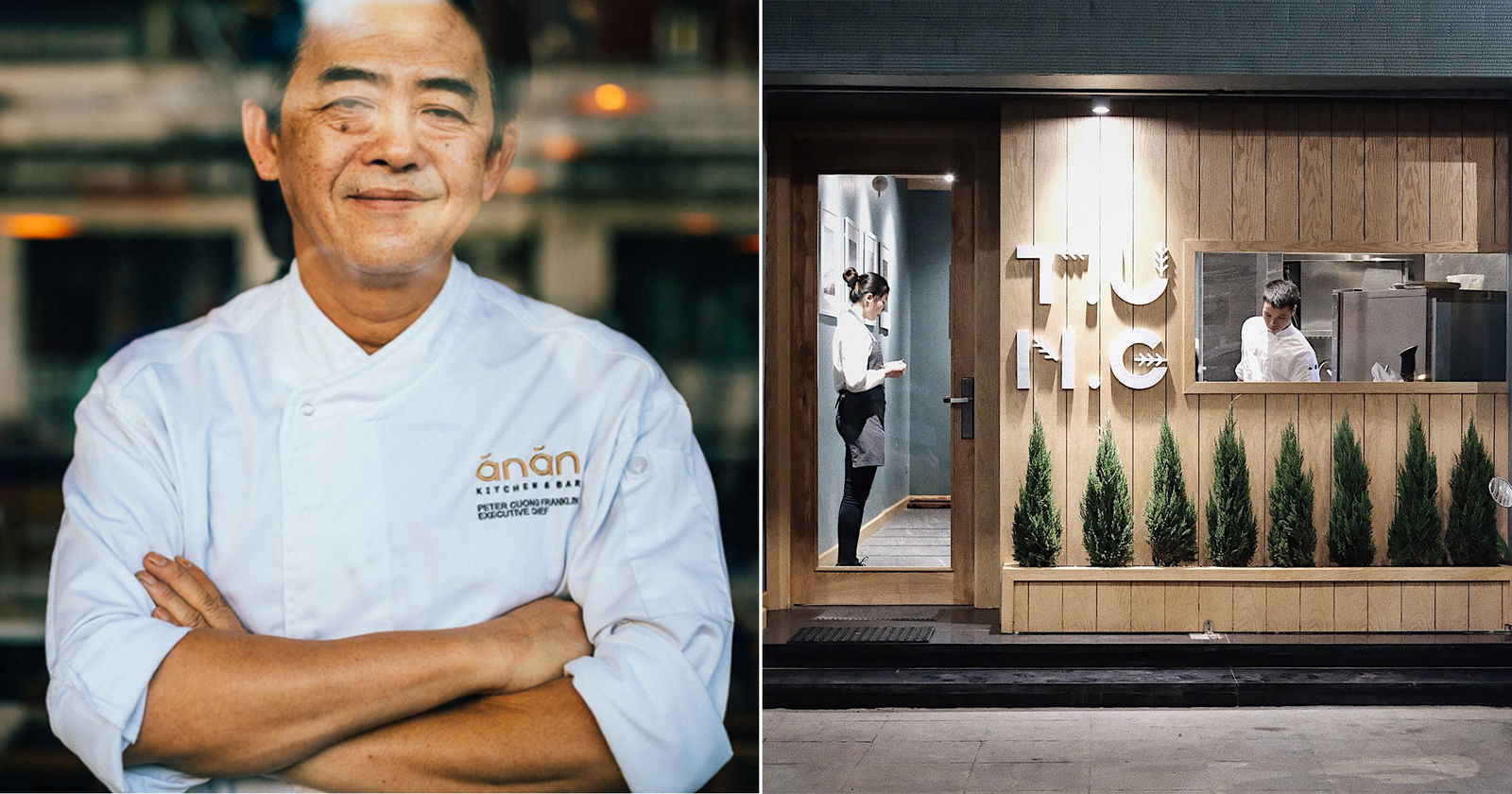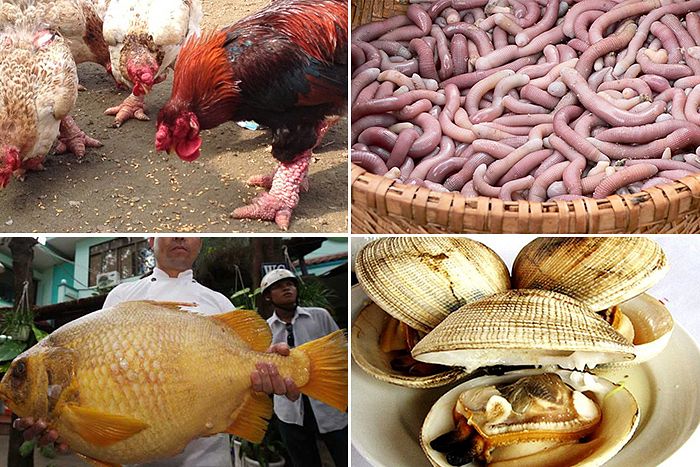Singapore, Southeast Asia's bastion of modernization, frequently earns a place among the most livable cities in the world. But thanks to its squeaky clean streets and highly efficient public transportation, the Lion City often gets a bad rep for being a little sterile when compared to its regional neighbors.
While this may, in some cases, be true, a handful of young Singaporeans are proving that their city can hold its own in the realm of street food. As traditional hawker stalls become a thing of the past, the Lion City's new generation of “hawkerpreneurs” are moving in to fill the void, reports CNN.
Part filial duty, part nostalgia, these younger vendors strive to preserve the city's famous street food stalls with fancified local dishes and old-school techniques. For some vendors, who inherit or begin their own stalls to honor a family business, the art of Singaporean street food is about keeping tradition alive, while other local chefs have brought the city's favorite snacks into the realm of haute cuisine, incorporating the principles and dishes of Singaporean street food into high-end restaurants.
Only a small few choose to keep to the old-school hawker stall business but 24-year-old Douglas Ng, who owns one such eatery that offers up fishballs, is one such example. Every morning, Ng prepares his fishballs in a strictly traditional way, opting out of modern ingredients which dilute the product.
In doing so, Ng hopes to maintain the traditions of Singaporean street food without resigning himself to a life of low earnings, but it is not easy to stay afloat in the ever-modernizing city. When he recently raised prices S$0.50, Ng watched his business drop off by 40%.
“The hawker trade is not something that the young generation fancies,” Ng tells CNN. “It's a tough and unglamorous job.”
He adds: “It does not pay well and there isn't much work-life balance. Rentals are high, labor is hard to find and the cost of ingredients is increasing.”
Still, Ng remains optimistic about making his business a success through hard work.
With Vietnam's breakneck pace of development and bevy of roadside eateries, Singapore's street food dilemma begs the question: could this be the future of Saigon?
While a successful street food stall can still top the salary of some working-class jobs, there are many local vendors who fail to break even on a given day. Coupled with increasingly high-end competition – think Ben Thanh Market's new street food market – this poses a challenge for the future of Saigon's street eats.
Last June, the Guardian published an article highlighting both the sense of tradition which keeps some young Vietnamese tied to these family businesses as well as the plight of those who cannot afford to make ends meet with their meager earnings.
Where one food-selling family might take home US$100 a day, the Guardian explained, another vendor told the paper: “There is no future for my son if he keeps selling food this way.”
As Saigon moves ever faster into the future, only time will tell how the city's street food culture will fare.
[Photo via CNN]














